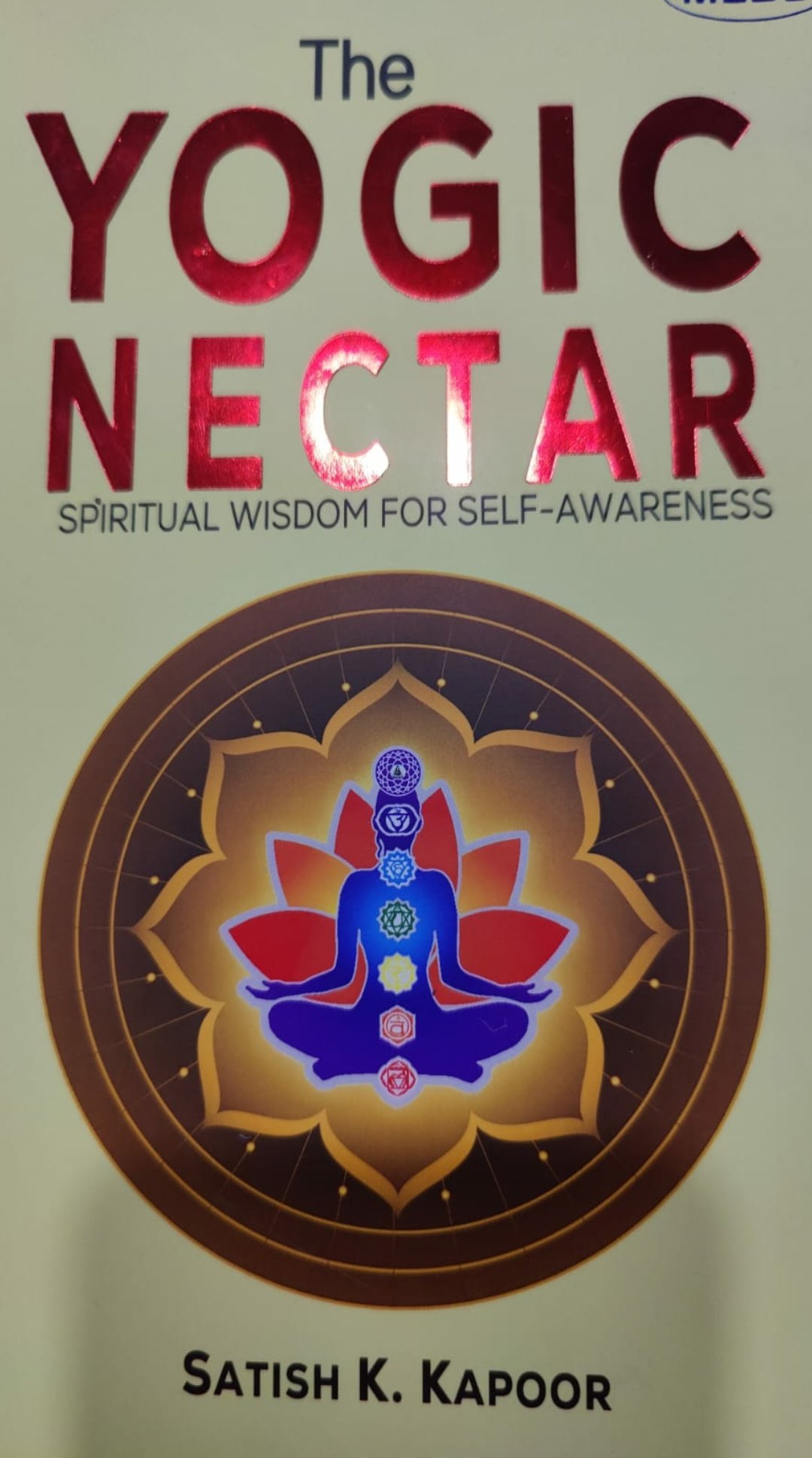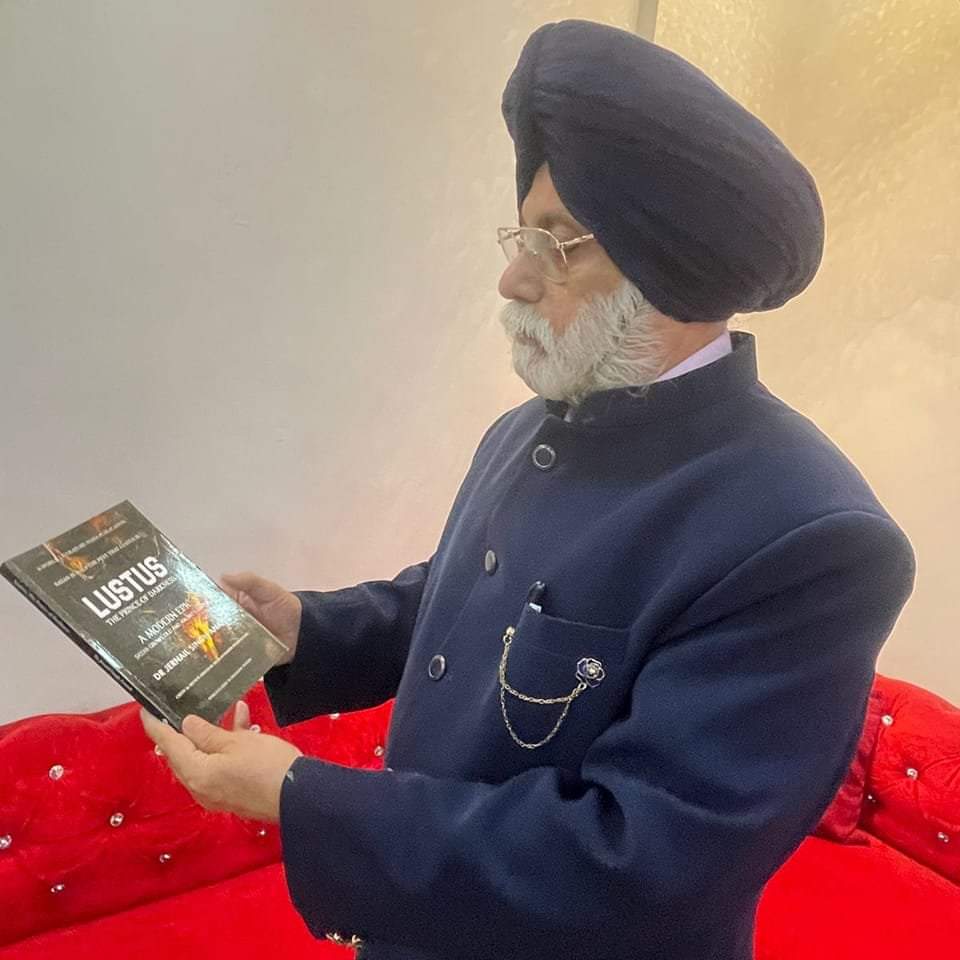The Essence of Friendship: An Exploration by Randhir Kumar Gautam

Friendship, an essential aspect of human life, shapes our journey towards togetherness. Michel Foucault encapsulates this sentiment beautifully, stating, "They have to invent, from A to Z, a relationship that is still formless, which is friendship: that is to say, the sum of everything through which they can give each other pleasure." This idea highlights the dynamic and evolving nature of friendships, which provide a unique blend of joy and mutual support.
John Bailey once noted, "Successful friendship bespeaks not only captivity to ignore and compromise but also readiness to sacrifice and suffer inconvenience." This notion of friendship requiring effort and sacrifice is echoed across various cultures and literatures. In Indian tradition, for instance, friendships are often portrayed as sacred bonds that demand loyalty, sacrifice, and a deep sense of duty.
Bhartrihari, an ancient Indian poet, eloquently described the nature of true friendship: "The friendship of a good man is like the shadow in the afternoon, while that of a bad man is like the shadow in the morning." This metaphor suggests that while a bad friend's loyalty fades over time, a good friend's support grows stronger and more enduring.
Throughout history, literature and popular culture have celebrated iconic friendships, illustrating the profound impact these relationships can have. Whether it's the legendary bond between Krishna and Sudama, or the enduring friendships depicted in tales like "Harry Potter" and "Malgudi Days," these stories remind us of the timeless value of true friendship.
In a world increasingly characterized by individualism and technological isolation, the celebration of Friendship Day, observed on the first Sunday of August in India, serves as a reminder of the importance of nurturing these bonds. This year, it falls on August 4, and it invites us to reflect on and cherish the friendships that enrich our lives.
Philosophers like Plato and Socrates have also delved into the nature of friendship. In Plato's "Lysis," Socrates explores various dimensions of friendship, ultimately suggesting that true friendship is rooted in mutual goodness and virtue. This philosophical inquiry into friendship underscores its complexity and its integral role in human existence.
Friendship, as a social virtue, transcends mere personal connections. It extends into various realms of life, including professional and political relationships. At its core, true friendship is founded on mutual admiration, sincerity, and understanding. It demands constancy, faithfulness, loyalty, and truth.
John Bailey's insight into friendship aligns with these timeless principles. He emphasized that successful friendship requires the ability to overlook flaws and make compromises, as well as the willingness to endure hardships for the sake of the relationship. This perspective is reinforced by the rich literary and philosophical traditions that explore the duties and joys of friendship.
friendship is a multifaceted and vital aspect of human life. It requires effort, sacrifice, and a deep sense of duty, but it also offers profound joy and support. As we celebrate Friendship Day, let us remember the timeless value of these relationships and strive to nurture and cherish the bonds that bring meaning and happiness to our lives.
*
Randhir Kumar Gautam is a sociologist and Gandhian social activist who teaches at Gandhian School of Democracy and socialism in ITM University Gwalior. His work integrates academic insights with Gandhian principles to address contemporary social issues. Through his activism and teaching, he aims to inspire positive change in society.






